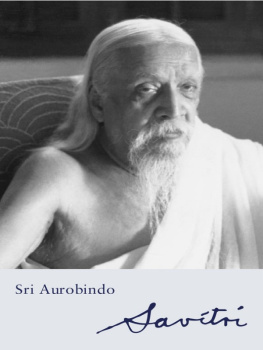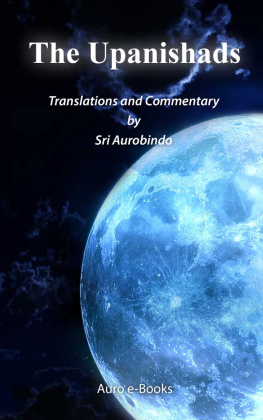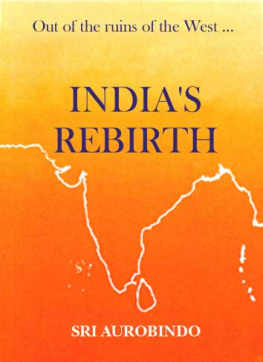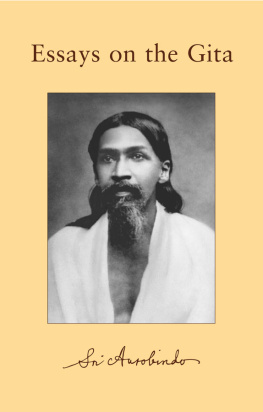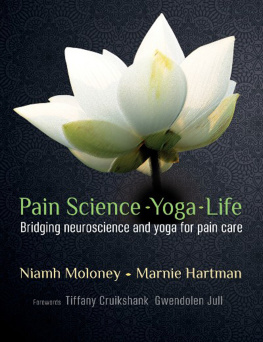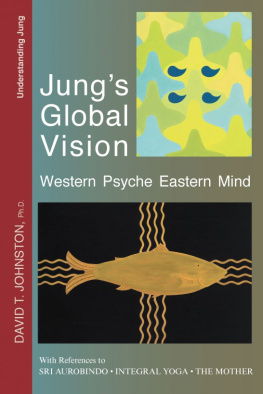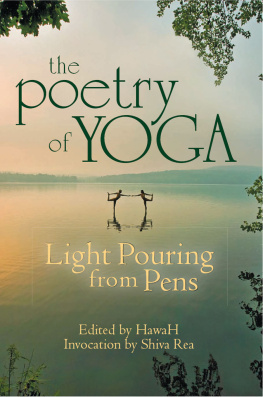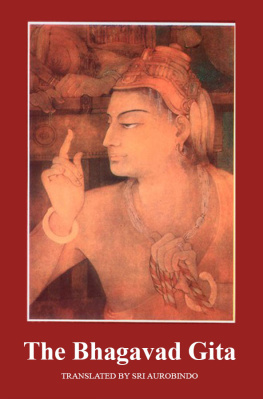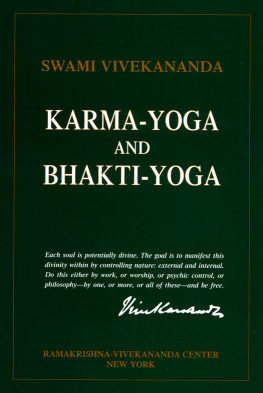Sri Aurobindo
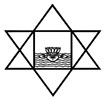
Savitri
A Legend and a Symbol
VOLUME 33-34
THE COMPLETE WORKS OF SRI AUROBINDO
VOLUME 33-34
THE COMPLETE WORKS OF SRI AUROBINDO
Sri Aurobindo Ashram Trust 1997
Published by Sri Aurobindo Ashram Publication Department
Website: http://sabda.sriaurobindoashram.org
Publisher's Note
The writing of Savitri extended over much of the later part of Sri Aurobindo's life. The earliest known manuscript is dated 1916. The original narrative poem was recast several times in the first phase of composition. By around 1930, Sri Aurobindo had begun to turn it into an epic with a larger scope and deeper significance.
Transformed into "A Legend and a Symbol", Savitri became his major literary work which he continued to expand and perfect until his last days. In the late 1940s, when his eyesight was failing, he took the help of a scribe and dictated the extensive final stages of revision.
Separate cantos started to appear in print in 1946. Part One of the first edition was published in 1950. The next year, after Sri Aurobindo's passing, the rest of the poem was brought out in a second volume.
In the second edition (1954), Sri Aurobindo's letters on Savitri were added. They are omitted from the present edition and included in Letters on Poetry and Art.
In 1970 Savitri was published as volumes 28 and 29 of the Sri Aurobindo Birth Centenary Library. This edition was reprinted, as a single volume, a number of times between 1973 and 1990.
The fourth ("revised") edition appeared in 1993. This edition was the outcome of a systematic comparison of the printed text of Savitri with the manuscripts. The 1993 edition has been reprinted several times. In 1997 it was published as volumes 33 and 34 of the CWSA.
The text of the present, electronic, edition is identical to the text of the CWSA edition.
CONTENTS
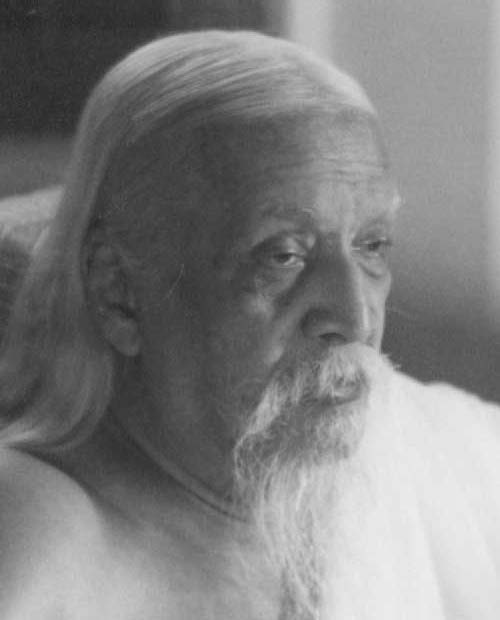
Sri Aurobindo in 1950
Author's Note
The tale of Satyavan and Savitri is recited in the Mahabharata as a story of conjugal love conquering death. But this legend is, as shown by many features of the human tale, one of the many symbolic myths of the Vedic cycle. Satyavan is the soul carrying the divine truth of being within itself but descended into the grip of death and ignorance; Savitri is the Divine Word, daughter of the Sun, goddess of the supreme Truth who comes down and is born to save; Aswapati, the Lord of the Horse, her human father, is the Lord of Tapasya, the concentrated energy of spiritual endeavour that helps us to rise from the mortal to the immortal planes; Dyumatsena, Lord of the Shining Hosts, father of Satyavan, is the Divine Mind here fallen blind, losing its celestial kingdom of vision, and through that loss its kingdom of glory. Still this is not a mere allegory, the characters are not personified qualities, but incarnations or emanations of living and conscious Forces with whom we can enter into concrete touch and they take human bodies in order to help man and show him the way from his mortal state to a divine consciousness and immortal life.
Sri Aurobindo
Part I
BOOKS I III
BOOK ONE
The Book of Beginnings
Canto One
The Symbol Dawn
It was the hour before the Gods awake.
Across the path of the divine Event
The huge foreboding mind of Night, alone In her unlit temple of eternity,
Lay stretched immobile upon Silence' marge.
Almost one felt, opaque, impenetrable, In the sombre symbol of her eyeless muse The abysm of the unbodied Infinite;
A fathomless zero occupied the world.
A power of fallen boundless self awake Between the first and the last Nothingness, Recalling the tenebrous womb from which it came, Turned from the insoluble mystery of birth And the tardy process of mortality
And longed to reach its end in vacant Nought.
As in a dark beginning of all things,
A mute featureless semblance of the Unknown Repeating for ever the unconscious act, Prolonging for ever the unseeing will, Cradled the cosmic drowse of ignorant Force Whose moved creative slumber kindles the suns And carries our lives in its somnambulist whirl.
Athwart the vain enormous trance of Space, Its formless stupor without mind or life, A shadow spinning through a soulless Void, Thrown back once more into unthinking dreams, Earth wheeled abandoned in the hollow gulfs Forgetful of her spirit and her fate.
The impassive skies were neutral, empty, still.
Then something in the inscrutable darkness stirred; A nameless movement, an unthought Idea Insistent, dissatisfied, without an aim, Something that wished but knew not how to be, Teased the Inconscient to wake Ignorance.
A throe that came and left a quivering trace, Gave room for an old tired want unfilled, At peace in its subconscient moonless cave To raise its head and look for absent light, Straining closed eyes of vanished memory, Like one who searches for a bygone self And only meets the corpse of his desire.
It was as though even in this Nought's profound, Even in this ultimate dissolution's core, There lurked an unremembering entity,
Survivor of a slain and buried past
Condemned to resume the effort and the pang, Reviving in another frustrate world.
An unshaped consciousness desired light And a blank prescience yearned towards distant change.
As if a childlike finger laid on a cheek Reminded of the endless need in things The heedless Mother of the universe,
An infant longing clutched the sombre Vast.
Insensibly somewhere a breach began:
A long lone line of hesitating hue
Like a vague smile tempting a desert heart Troubled the far rim of life's obscure sleep.
Arrived from the other side of boundlessness An eye of deity peered through the dumb deeps; A scout in a reconnaissance from the sun, It seemed amid a heavy cosmic rest,
The torpor of a sick and weary world,
To seek for a spirit sole and desolate Too fallen to recollect forgotten bliss.
Intervening in a mindless universe,
Its message crept through the reluctant hush Calling the adventure of consciousness and joy And, conquering Nature's disillusioned breast, Compelled renewed consent to see and feel.
A thought was sown in the unsounded Void, A sense was born within the darkness' depths, A memory quivered in the heart of Time As if a soul long dead were moved to live: But the oblivion that succeeds the fall, Had blotted the crowded tablets of the past, And all that was destroyed must be rebuilt And old experience laboured out once more.
All can be done if the god-touch is there.
A hope stole in that hardly dared to be Amid the Night's forlorn indifference.
As if solicited in an alien world
With timid and hazardous instinctive grace, Orphaned and driven out to seek a home, An errant marvel with no place to live, Into a far-off nook of heaven there came A slow miraculous gesture's dim appeal.
The persistent thrill of a transfiguring touch Persuaded the inert black quietude
And beauty and wonder disturbed the fields of God.
A wandering hand of pale enchanted light That glowed along a fading moment's brink, Fixed with gold panel and opalescent hinge A gate of dreams ajar on mystery's verge.
One lucent corner windowing hidden things Forced the world's blind immensity to sight.
Next page
